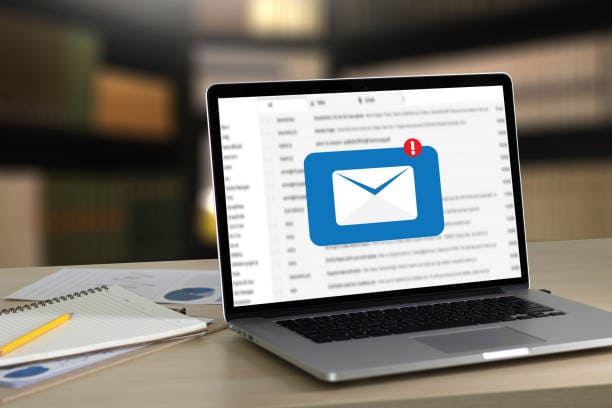Introduction: In the wake of the COVID-19 pandemic, many businesses adopted HR templates to navigate…

Why Properly Drafted HR Emails Matter to Every Employee
Emails from the HR department are not just routine communications – they are vital instruments that shape the employee experience, define workplace culture, and ensure operational clarity. Whether it’s an announcement about company policies, a congratulatory email for a promotion, or a reminder about compliance deadlines, every email plays a critical role in maintaining trust and transparency in the workplace.
The Importance of HR Emails in the Workplace
- Clear Communication of Policies and Expectations
HR emails ensure employees are informed about the company’s rules, policies, and procedures. Whether it’s outlining a new leave policy, explaining performance evaluation criteria, or communicating a code of conduct, these emails eliminate ambiguity and promote adherence. - Fostering Engagement and Inclusion
Well-crafted HR emails help employees feel included and valued. For instance, emails celebrating milestones, highlighting employee achievements, or announcing team-building activities boost morale and engagement. - Providing a Reliable Source of Information
In the age of misinformation, HR emails serve as the definitive source for accurate and reliable updates. Employees look to HR for clarity on sensitive matters like salary changes, benefits updates, or organizational restructuring. - Ensuring Legal and Compliance Adherence
Miscommunication in HR matters can lead to legal challenges or compliance failures. Properly drafted emails outlining safety protocols, anti-harassment policies, or legal rights protect both employees and the organization.
Key Elements of a Properly Drafted HR Email
- Clarity and Precision
Ambiguity can lead to misunderstandings. A well-drafted HR email provides concise and clear information, leaving no room for misinterpretation. - Professional Yet Empathetic Tone
HR communications must strike a balance between professionalism and empathy. For instance, during challenging times like layoffs or policy changes, the tone should convey compassion while maintaining transparency. - Consistency with Company Policies
Every HR email should align with the company’s values and policies to reinforce a unified message and maintain credibility. - Actionable Information
Proper emails should outline any actions employees need to take, with clear deadlines and steps. For example, during open enrollment for benefits, the email should provide links, timelines, and support resources. - Inclusivity and Accessibility
Ensure the language used is inclusive and avoids jargon. Emails should be accessible to all employees, including those with different levels of familiarity with corporate language or HR processes.
How Proper HR Emails Benefit Employees
- Builds Trust and Transparency
Employees are more likely to trust an organization when they receive clear, transparent communication. Properly drafted emails ensure employees know what to expect and feel confident about the company’s operations. - Improves Productivity
When employees are well-informed about policies, deadlines, and procedures, they can focus on their work instead of seeking clarifications or resolving misunderstandings. - Promotes a Positive Work Culture
Emails that highlight achievements, foster inclusivity, and address employee concerns contribute to a supportive and positive work environment. - Reduces Conflicts and Misunderstandings
Proper communication eliminates the guesswork and reduces the chances of conflicts arising from unclear or misinterpreted messages. - Enhances Employee Satisfaction
Employees appreciate timely and well-structured communication. This, in turn, boosts their satisfaction and loyalty to the organization.
Tips for Writing Effective HR Emails
- Use a Descriptive Subject Line: A clear subject line sets the tone and ensures the email gets the attention it deserves.
- Address the Recipient Directly: Personalization creates a sense of connection.
- Provide Relevant Context: Explain why the email is important and how it impacts the recipient.
- Include a Call to Action: Specify what the recipient needs to do, if applicable.
- Proofread Thoroughly: Errors in HR emails can harm the organization’s image and lead to confusion.
Conclusion
Properly drafted HR emails are a cornerstone of effective communication in any organization. They build trust, ensure transparency, and foster a positive work environment, making them indispensable for every employee. By prioritizing clarity, empathy, and professionalism, HR departments can create emails that resonate with employees and contribute to organizational success.
Want to streamline your HR email communications? Explore Novark’s HR Toolkit for ready-to-use email templates that make drafting impactful messages a breeze!




This Post Has 0 Comments